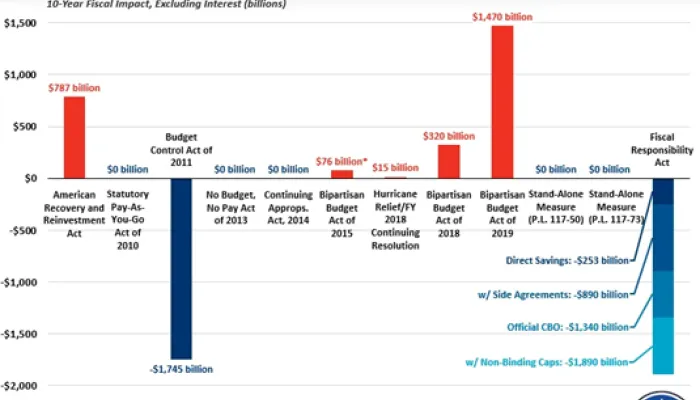Selective Triggering
We think triggers can be helpful in budgeting, by providing a back-up plan for when estimates prove wrong or conditions change, and by helping politicians to make hard choices.
But they haven't been particularly successful in the past, mainly because they only work if politicians are willing to stick to them. Since they usually are structured to force tough choices, (which Congress has neglected to make on its own) that rarely happens.
The President has promised to “put forth additional savings to ensure that the plan does not add to the deficit” as part of a health care reform plan, though the details of how this trigger would function are still vague.
It’s a good idea.
But the President’s credibility on honoring triggers is not high. President Obama ignored the most important trigger in place during his presidency -- the Medicare trigger. As part of the Medicare drug bill, Congress included a trigger that would be set off when the program's actuaries projected that public funding for the program was too high (more than 45%) for two years running. The President is then required to submit a plan to bring down reliance on general revenues, and Congress is required to debate the plan on an expedited basis.
Instead the House overruled the need for the trigger and President Obama’s budget did not include a plan to address the funding shortfall.
The selective approach to triggering will call into the President’s credibility regarding the new trigger he proposes, and credibility will be one of the keys to making such a budget mechanism successful.


